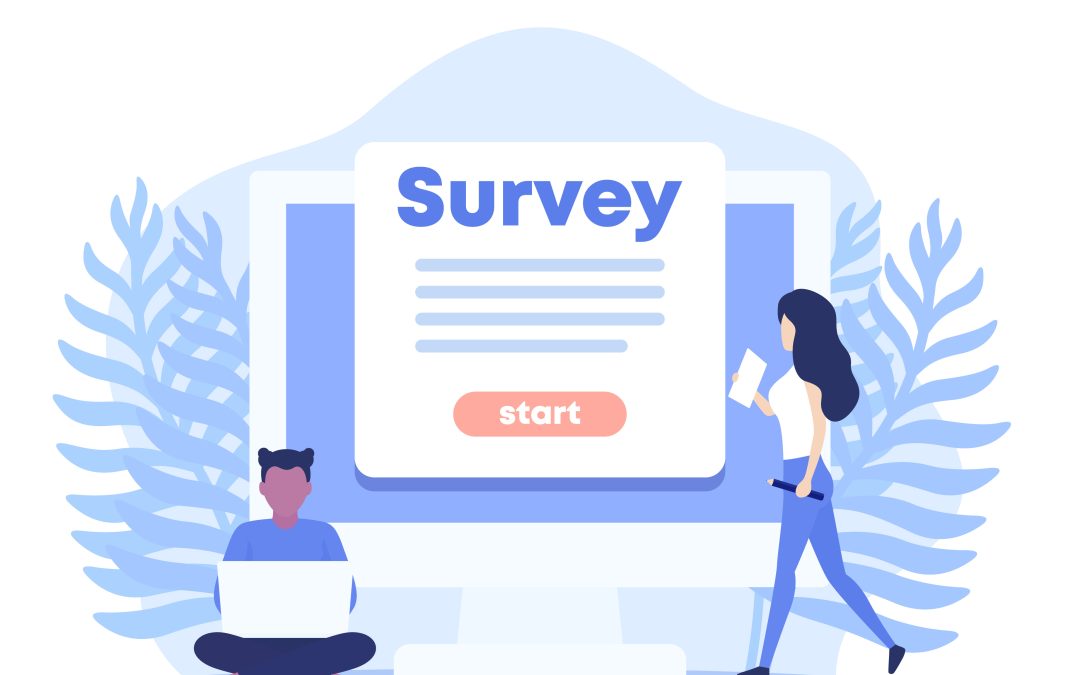
Financial Strategies for Government Contract Start-Ups: Setting Up for Success
Financial Strategies for Government Contract Start-Ups: Setting Up for Success
Government contracts offer lucrative opportunities for start-ups to grow their business and secure stable revenue streams. However, entering the government contract sector requires careful financial planning and strategic decision-making.
In this blog post, we will delve into key financial strategies that government contract start-ups need to consider to establish a solid foundation for success. We will explore topics such as budgeting, forecasting, procurement, and operational costs, enabling start-ups to navigate the complexities of government contracts and maximize their chances of thriving in this competitive industry.
Key Financial Strategies for GovCon Start-Ups
Understanding the Government Contract Landscape
Before diving into financial strategies, it is crucial for start-ups to familiarize themselves with the government contract landscape. This includes understanding the various contract types, compliance requirements, and the unique characteristics of working with government agencies.
Developing a Comprehensive Budget
Creating a detailed budget is essential to effectively manage the financial aspects of a GovCon start-up. Consider the following elements when developing a budget:
- Direct and Indirect Costs: Identify the direct costs associated with the contract, such as labor, materials, and subcontractors. Additionally, allocate funds for indirect costs like overhead, facilities, and administrative expenses.
- Cost Estimation: Develop accurate cost estimates by considering historical data, market research, and consultation with subject matter experts.
- Cash Flow Management: Plan for the inflow and outflow of cash, considering the typical delays in government payments. Maintain a sufficient cash reserve to sustain operations during any payment gaps.
Effective Financial Forecasting
Financial forecasting is crucial for GovCon start-ups to anticipate future revenue, expenses, and cash flow. It enables informed decision-making and aids in assessing the financial viability of pursuing government contracts. Some key aspects of financial forecasting include:
- Revenue Projections: Analyze historical contract data, market trends, and opportunities for future contracts to forecast revenue streams accurately.
- Expense Projections: Consider various costs, including direct and indirect expenses, to estimate future expenditures.
- Sensitivity Analysis: Conduct sensitivity analysis to assess the impact of variables such as changes in contract scope, delays, or cost overruns on financial projections.
Procurement Strategies
Effective procurement strategies can enhance a GovCon start-up’s chances of winning government contracts and optimizing profitability. Consider the following:
- Competitive Pricing: Conduct thorough market research to understand pricing benchmarks and develop competitive yet profitable pricing strategies.
- Teaming and Subcontracting: Identify potential teaming partners or subcontractors to strengthen capabilities and increase chances of winning contracts.
- Contract Compliance: Ensure compliance with government procurement regulations and demonstrate a strong understanding of contract requirements.
Managing Operational Costs
Start-ups must manage operational costs efficiently to remain competitive in the GovCon sector. Some strategies to consider include:
- Lean Operations: Implement lean practices to reduce waste, streamline processes, and optimize resource utilization.
- Technology Investments: Leverage technology to automate processes, improve productivity, and reduce manual labor costs.
- Scalability: Plan for scalability by anticipating future growth and ensuring that operational costs can be effectively managed as the business expands.
Financial strategies play a critical role in setting up GovCon start-ups for success. By developing a comprehensive budget, conducting effective financial forecasting, implementing strategic procurement strategies, and managing operational costs, start-ups can position themselves for growth and profitability. It is essential to stay informed about industry regulations and market trends while continuously adapting financial strategies to capitalize on emerging opportunities in the government contract sector. With diligent planning and execution, GovCon start-ups can thrive in this dynamic and rewarding marketplace.
Are you considering becoming a Government Contractor? Virtual CFO provides GovCon-centric strategic accounting for small businesses providing services in technology, architecture, engineering, aerospace, and project management industries.
We know your pain points – let us help you relieve them – schedule a consult.





